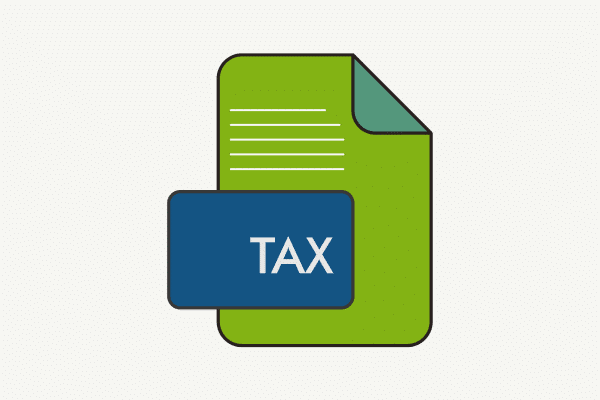
Navigating the complexities of business partnership taxes is crucial for every partnership entity. Staying compliant while optimizing your tax strategy can make a world of difference for your business’s bottom line.
Here’s a quick guide to help you better understand your tax obligations as a business partner in 2024.
Essential insights into the key aspects of business partnership taxes:
💡 Definition of a Business Partnership for Tax Purposes:
- Clarification on what constitutes a business partnership under IRS rules.
- Differentiating between general partnerships, limited partnerships, and limited liability partnerships.
💡 Tax Filing Requirements for Partnerships:
- Overview of IRS Form 1065, the standard tax return for partnerships.
- Explanation of the annual filing deadline and requirements.
- Guidance on quarterly estimated tax payments.
💡 Understanding Partnership Income Distribution:
- How partnership income is reported and taxed.
- The concept of “pass-through” taxation and its implications for partners.
- Distribution of profits and losses among partners.
💡 Deductible Business Expenses for Partnerships:
- Identification of common deductible expenses for partnerships.
- Understanding limitations and special considerations for deductions.
- The impact of deductions on partnership taxable income.
💡 Partnership Agreements and Tax Implications:
- The role of partnership agreements in defining tax responsibilities.
- How different partnership structures can affect tax liabilities.
- Legal considerations and the importance of professional advice.
💡 Audits and Compliance for Partnerships:
- The IRS Targets the Big Fish – Are You on the Radar?
- Navigating Partnership Compliance Requirements: What You Need to Know
- Risk factors and triggers for IRS audits of partnerships.
- Best practices for maintaining compliance and record-keeping.
- Handling audits and disputes with tax authorities.
Stay Informed
Keeping up with partnership taxes in 2024 requires consistent attention. Business partnership tax laws can evolve, and staying informed is crucial for your success. Whether you’re a new partnership or a seasoned one, it’s always wise to seek professional advice to navigate the intricacies and stay ahead of potential challenges.
Feeling overwhelmed with business partnership taxes?
Don’t worry—you’re not alone. We specialize in helping partnerships like yours navigate the complexities of tax compliance. Let’s chat about how we can simplify your tax strategy, so you can focus on growing your business. Contact us today for personalized advice that fits your unique partnership!





